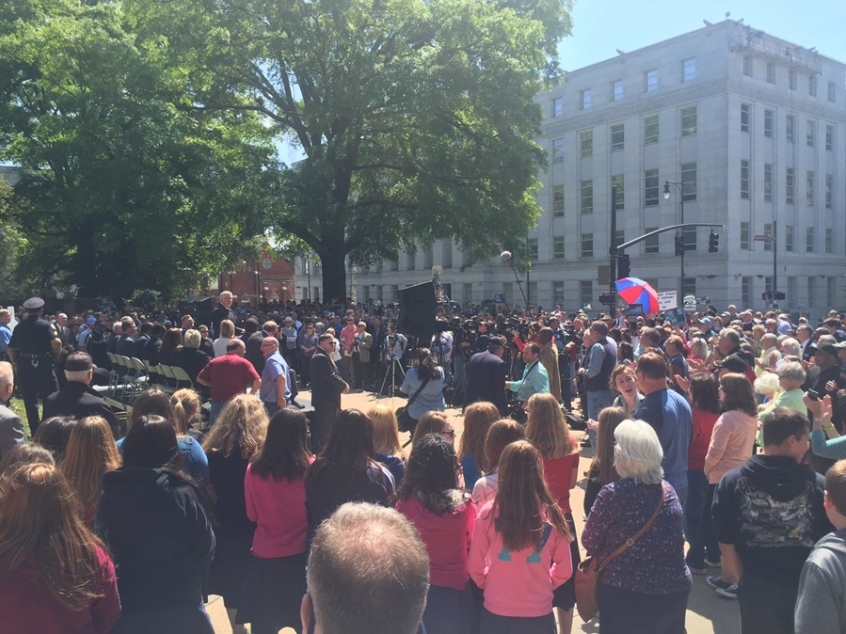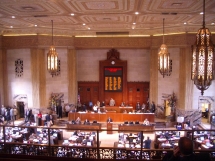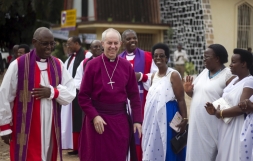
Christians who stand up for their beliefs are admired by their fellow faithful. For the United States Commission on Civil Rights (USCCR), however, religious liberty cannot be used as a reason not to give homosexuals what they want, including marriages and access to opposite-sex bathrooms, even if these things violate some people's religious beliefs.
In a statement posted on its website last April 18, the human rights commission criticised legislations recently passed by some states supposedly discriminating against members of the LGBT community.
The USCCR questioned the recent decision of North Carolina Gov. Pat McCrory to sign into law House Bill 2, which barred transgenders from using opposite-sex toilets due to privacy issues. The same legislation also contained provisions on homosexuals' rights to housing and employment.
According to the commission, McCrory's move may have an effect on the safety of transgender individuals.
"This jeopardizes not only the dignity, but also the actual physical safety, of transgender people whose appearances may not match societal expectations of the sex specified on their identification documents," the USCCR statement read.
The commission likewise did not approve of Mississippi Gov. Phil Bryant's approval of a bill allowing "religious objections" to homosexual unions.
"It also clears the way for employers to cite religion in determining workplace policies on dress code, grooming and bathroom access. The physical safety concerns for transgender people are the same as in North Carolina," the commission's statement added.
The rights body further stated that these pieces of legislation "are part of a larger, alarming trend to limit the civil rights of a class of people using religious beliefs as the excuse."
"Religious freedom is an important foundation of our nation. However, in the past, 'religious liberty' has been used to block racial integration and anti-discrimination laws. Those past efforts failed and this new attempt to revive an old evasive tactic should be rejected as well," Commission Chairman Martin R. Castro said in the same statement.

















